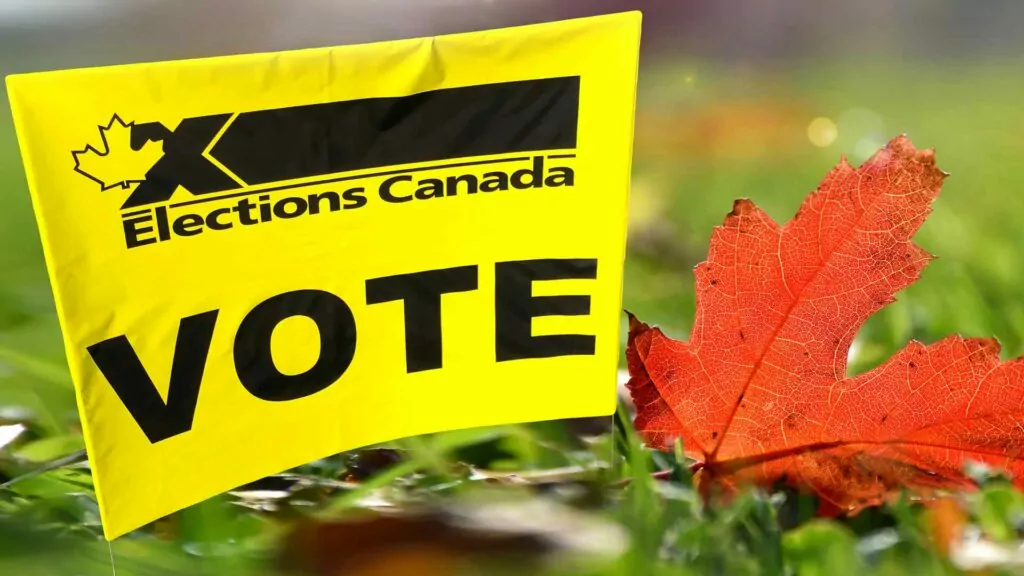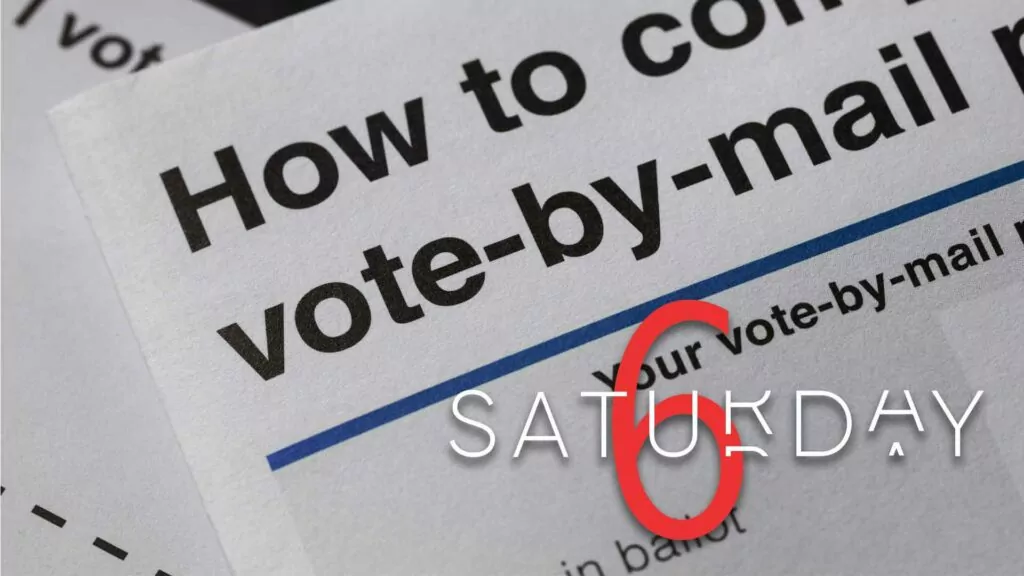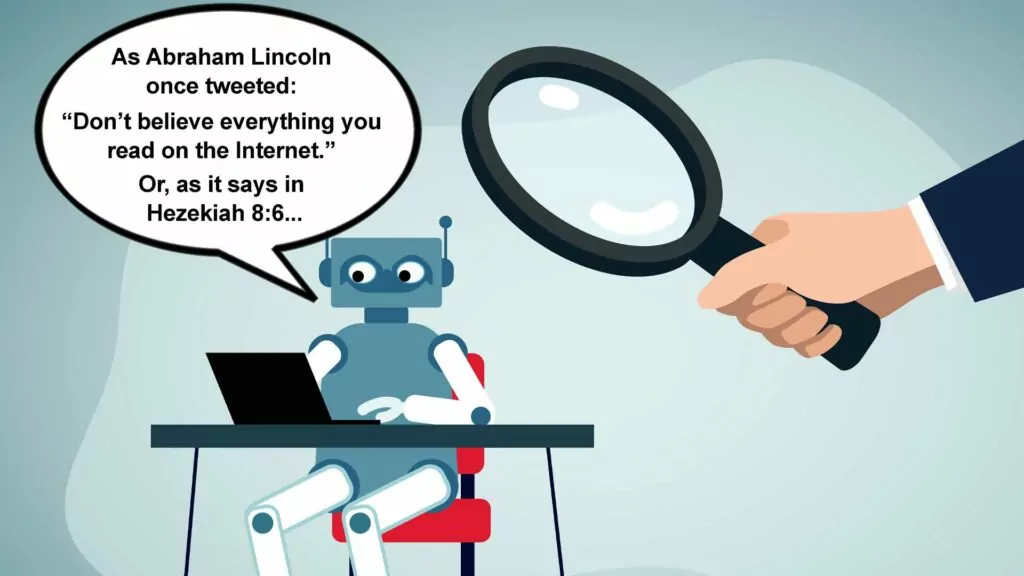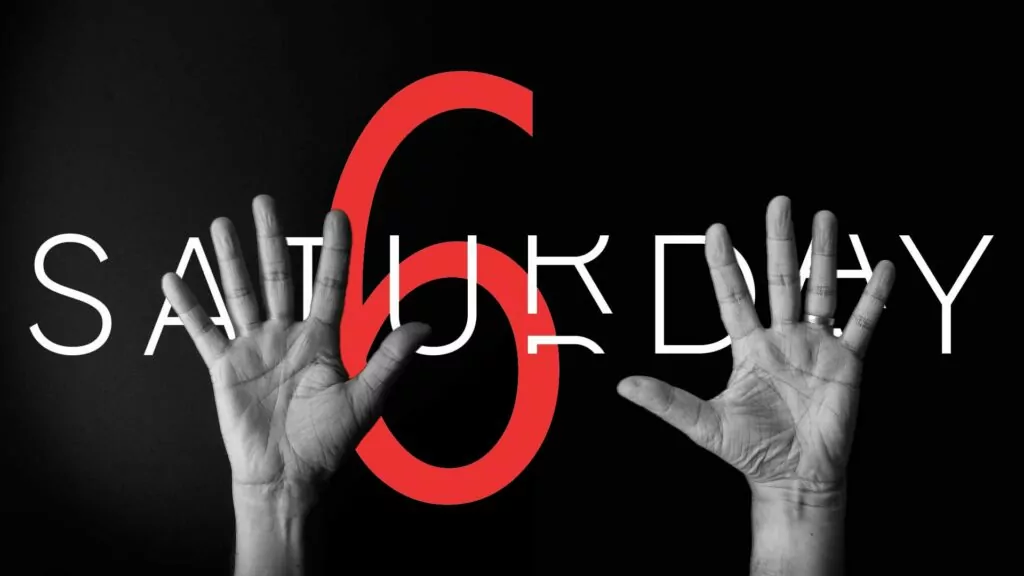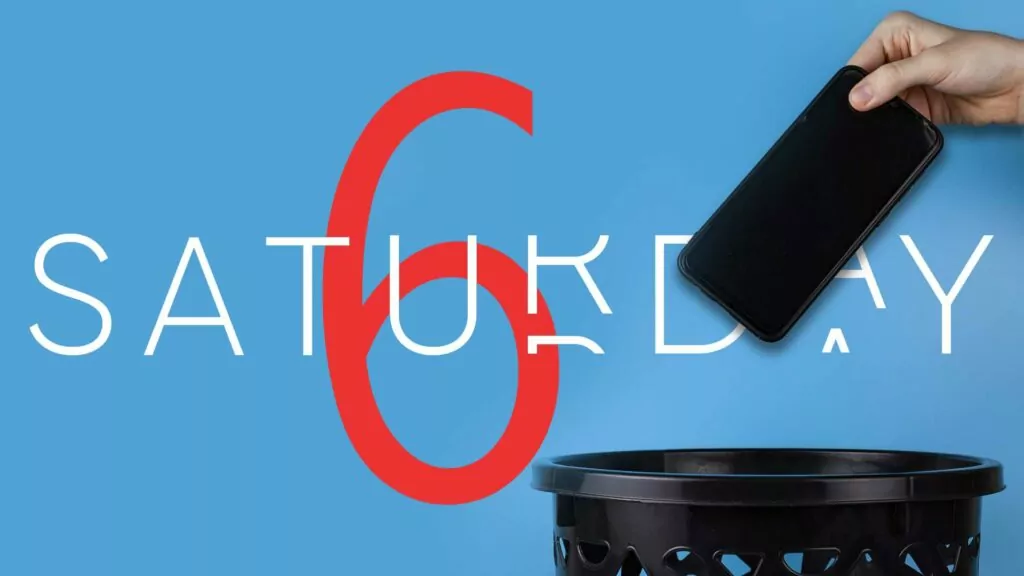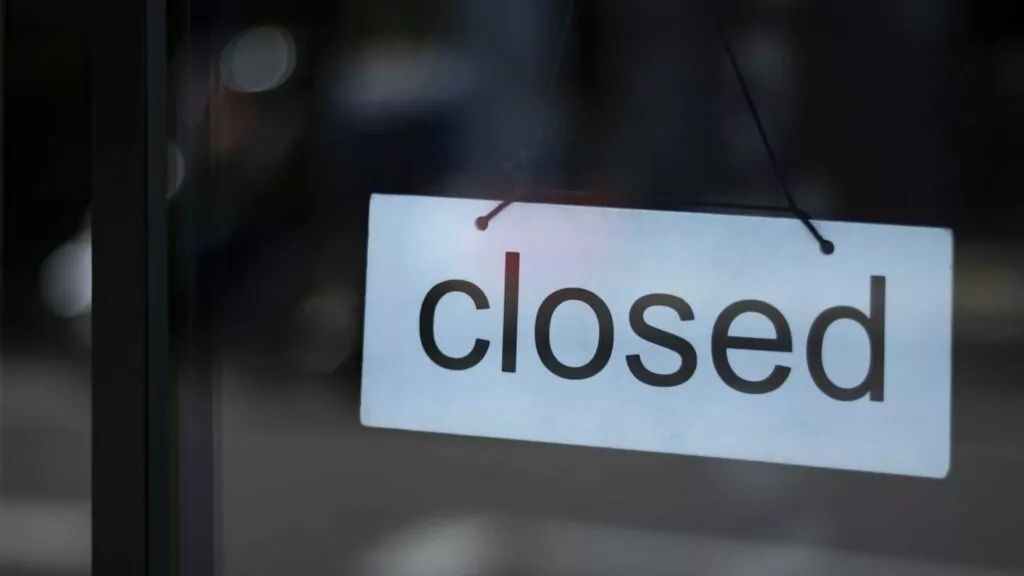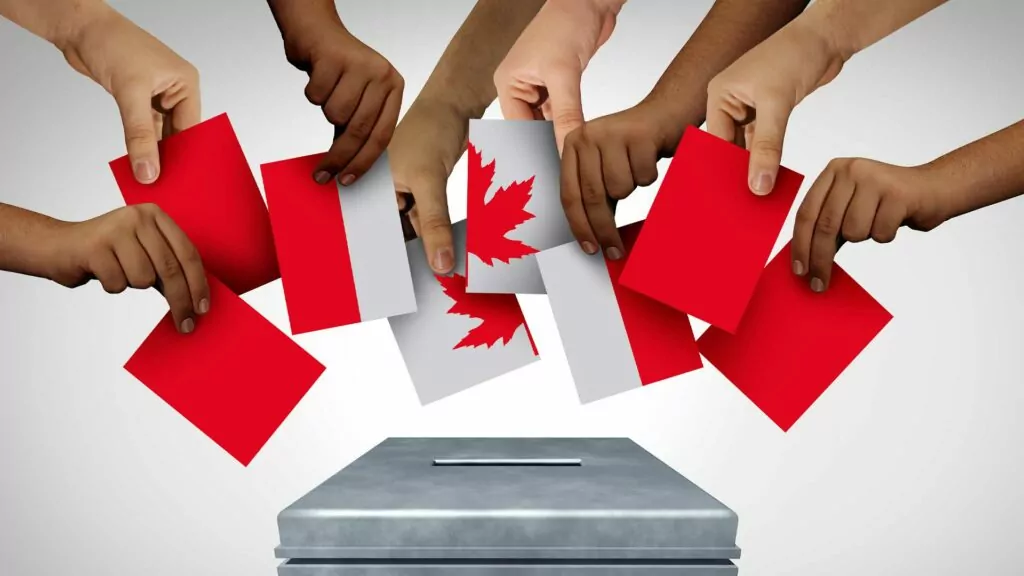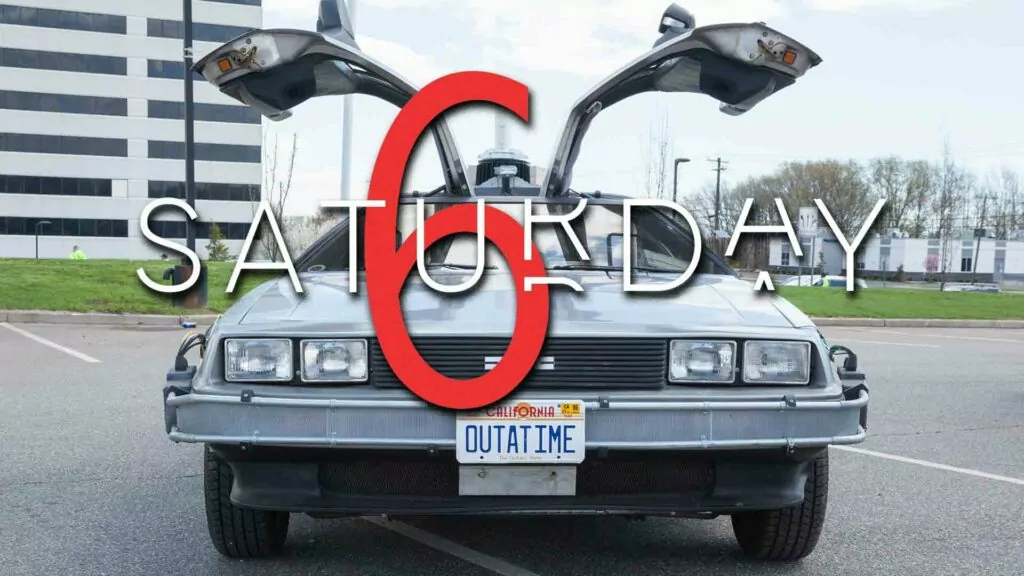Christian healthcare workers taking province to court over vaccinations
In the fall of 2021, Hilary Vandergugten was working as a charge nurse in the emergency department of a hospital in the Fraser Valley when British Columbia (BC) health authorities ordered all healthcare workers to get the COVID-19 vaccine. Vandergugten wasn’t willing, and like many in her position, lost her job. Two-and-half years later, Vandergugten is still unable to work as a nurse in BC. She can, however, practice just south of the border in the US.
“There is an obvious nursing shortage and doctor shortage in our province, but seems to completely ignore that,” said Vandergugten. The BC Ministry of Health reports that almost 2,500 healthcare workers lost their jobs after refusing to get vaccinated, and that doesn’t take into account healthcare workers who opted for early retirement, so the loss of healthcare workers could be quite a bit higher.
When Vandergugten refused to get vaccinated she was initially ordered to go on unpaid leave on Oct. 26, 2021. While on leave, Vandergugten went to her family doctor to get lab work done to prove that she had immunity from the virus, as she had already had COVID-19. However, her lab work was not accepted, and on Feb. 3, 2022, Vandergugten was officially terminated from her position at Langley Hospital.
Challenging the courts
During this time of uncertainty, Vandergugten started meeting with “the Ark,” a fellowship of Christian healthcare workers who also lost their jobs due to vaccine orders. This fellowship joined a judicial court challenge started by doctors who had lost their privileges to practice in any hospital or government owned clinics.
“We as nurses started to get together in the Lower Mainland here in Greater Vancouver, just a bunch of Christian nurses that had all found each other in this process. We just started getting together, supporting each other and praying and then became involved with this court challenge.”
During this time, Vandergugten said that many court challenge opportunities came up, whether it be suing the union or the health authority. Yet, she says none of them aligned with the group's Christian values. They then were asked to join a case that resonated with them, challenging Dr. Bonnie Henry, BC’s provincial health officer, stating that her mandates were extreme and that she overused her emergency powers. Vandergugten’s name was put on the affidavit, the legal document that served as the evidence for the case.
The courts heard their case for judicial review in November and December of 2023, and they are currently waiting to hear a decision. The decision date was set for the end of February, but they now understand that the courts can delay until the end of June. Vandergugten notes:
“Lots of people at church are asking about it and praying for a favorable ruling. I will say to them, ‘You know what, if there is an extension that also is in God's timing and God's timing is perfect.’”
Winning the case wouldn't automatically reinstate their jobs right away, but it could set a precedent for going forward with challenging their jobs.
“There's still a battle that we need to win. This is just one case. For us to actually get our jobs back and be reinstated to the jobs that we were in, is still a far way off.”
Crazy anti-vaxxer
Vandergugten says that for her, the decision to not get vaccinated was not what the mainstream media deemed as “crazy anti-vaxxers.” Prior to the vaccine, she worked for months in the emergency department at the peak of the pandemic. Once the vaccine came out, Vandergugten started seeing a rise in what she wondered were potential vaccine injuries. “Working on the frontline in the emergency department, there was an increase of early miscarriages and vascular injuries, strokes or blood clots or macular eye injuries. I knew that right away, that's a vaccine injury.”
She says that it was disheartening to see this up close, especially when she felt any sort of disposition would mark you as a conspiracy theorist.
“It’s hard to sort out actually. It’s hard to validate for yourself, when you see what's happening in front of you daily at work, and try to have conversations with colleagues who refused to engage. People accused me that I was being crazy and making stuff up.”
Spiritual and relational growth in times of grief
Hilary and her husband Sprout.
As challenging as this time has been, Vandergugten has found peace through solely relying on Christ.
“It has been very beautiful, right? Like, you rely daily, you know, for emotional support, for spiritual support that He will heal those holes, but also that will open my eyes to others that are hurting, right?”
She says that one of the greatest gifts to come out of this has been the connections made with other Christian healthcare workers through “the Ark” group. In addition to praying for each other, they have created work opportunities. No longer able to work in care homes because of their vaccine status, many people will reach out to “the Ark” group to find home care jobs for those who lost their jobs. She said some people will ask for unvaccinated nurses to take care of their loved ones instead of sending them to a nursing home.
“This has been an unbelievably beautiful gift of just strong Christian women, not all of the Reformed faith – there are Mennonites and Pentecostals. But it’s just this beautiful gift from God that we can be together and pray for each other and encourage each other. And all of us have said our faith has become so much stronger.”
In addition to her spiritual growth, Vandergugten says that this adversity has strengthened her marriage. She is grateful for her husband's support in leading her family through this difficult time, and for his ability to defend and protect her. She mentioned how she didn’t have the “traditional” type of marriage – she had always worked even if only part-time. This led her to let go and let her husband lead. “My marriage has become stronger because of it. It has been beautiful for our marriage, defending his wife repeatedly. My husband has this line, saying the collateral damage of COVID has been beautiful.”
Times of uncertainty lead to new opportunities
Once Vandergugten and her sisters, also nurses, were fired, they thought they would prepare for the long haul so, they began the process of studying to get their American licenses. They have since passed these examinations and now have the ability to work south of the border. “We wrote our NCLEXs and got our American licenses. I actually work in Washington State, which is about an hour and 15 minutes from my home.”
To continue to hold a nursing license, a nurse needs to maintain a certain amount of hours. Vandergugten is grateful to be able to continue getting hours, because if BC health authorities do ever open up the restrictions for unvaccinated nurses, she’ll be able to return. She fears others will be ineligible to practice due to a lack of hours.
Although this work is a blessing, at times, Vandergugten also finds it painful. “It's beautiful that I'm able to work there, that I'm able to be back doing what I love to do and have done for 28 years,” she said. “It's just painful that I have to cross the border and leave our healthcare system, with it being so short of so many nurses.”
Why bother?
Vandergugten says that she received some pushback from others questioning why she would even fight something like this. She says that we still live in a country with a democratic judicial system so we should exercise our rights.
“We actually still live in a democracy, you've got elected people, who are making laws and rulings that affect the people, the common people like us, and then we have a judicial system that holds the elected people accountable,” she said. “We need to continue to honor this process and use it because otherwise we are not in a democratic society and I'm not acting like a citizen of a democracy, rather, I'm acting like I'm a subservient part of a totalitarian government. Right? And those are some of those fundamental freedoms that people forget. We shouldn't be afraid to exercise that.”...








